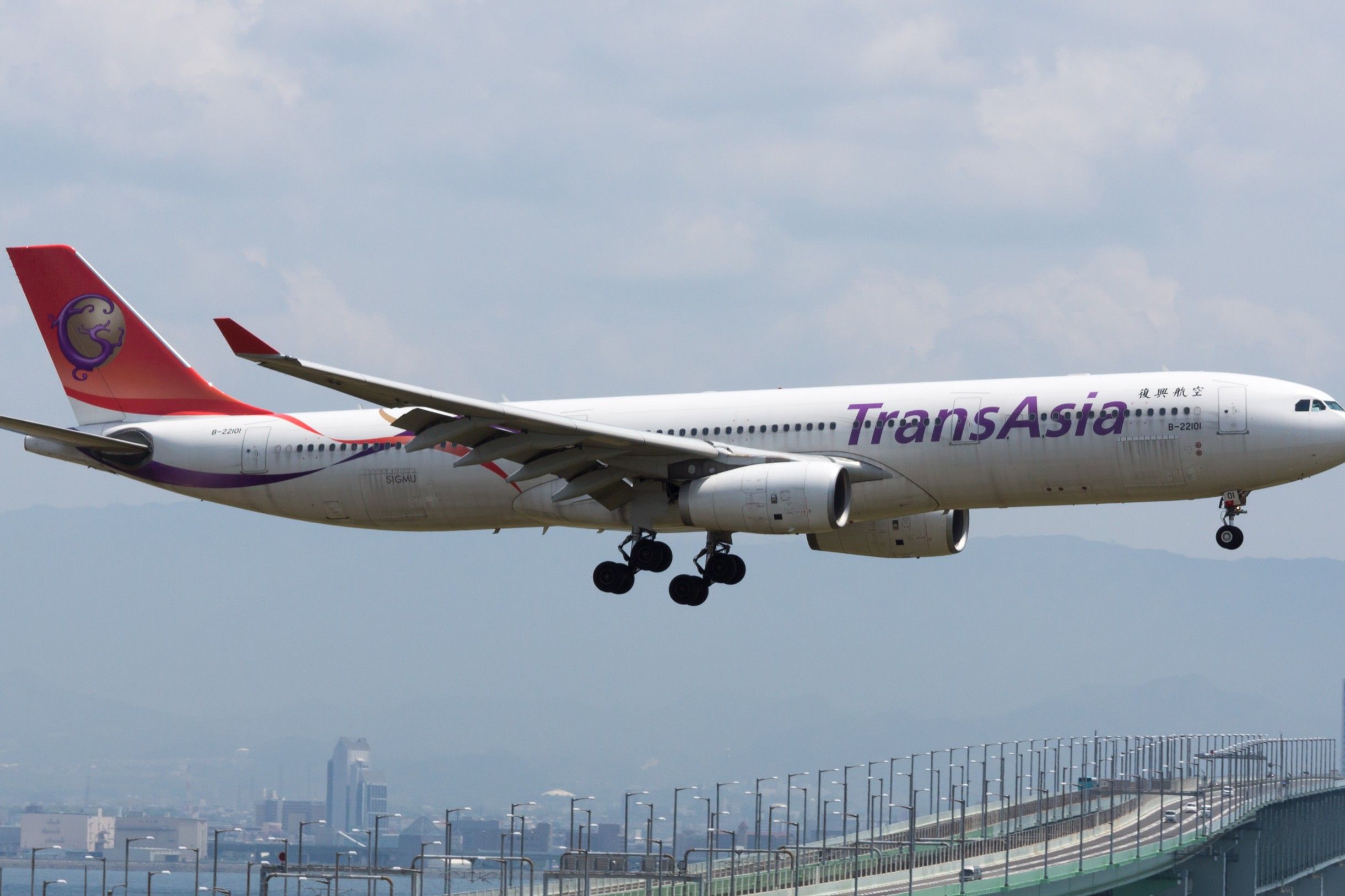
TransAsia Airways was a significant player in Taiwan's aviation industry, known for its domestic and international flights. Founded in 1951, it initially focused on domestic routes before expanding to international destinations in Asia. The airline faced challenges, including financial difficulties and safety concerns, leading to its eventual closure in 2016. Despite its turbulent history, TransAsia Airways played a crucial role in connecting Taiwan with the rest of Asia. This blog post will delve into 27 intriguing facts about TransAsia Airways, shedding light on its history, achievements, and the factors that led to its downfall. Buckle up and get ready to learn more about this once-prominent airline.
History of TransAsia Airways
TransAsia Airways, a Taiwanese airline, has a rich history filled with interesting facts. Let's dive into some key points about this airline.
-
Founded in 1951: TransAsia Airways was established in 1951, making it one of Taiwan's oldest airlines.
-
First Private Airline: It was the first private airline in Taiwan, breaking the monopoly of state-owned airlines.
-
Initial Operations: Initially, the airline operated domestic flights within Taiwan, connecting major cities and islands.
-
International Expansion: In the 1990s, TransAsia expanded its operations to include international flights to destinations in Asia.
Fleet and Operations
The fleet and operations of TransAsia Airways have evolved significantly over the years. Here are some notable facts about their aircraft and services.
-
Diverse Fleet: The airline operated a diverse fleet, including Airbus A320s, A321s, and ATR 72s.
-
First ATR 72: In 1991, TransAsia became the first Taiwanese airline to operate the ATR 72, a popular regional aircraft.
-
Cargo Services: Besides passenger flights, TransAsia also offered cargo services, transporting goods across Asia.
-
Charter Flights: The airline provided charter flight services for special events and private groups.
Safety and Incidents
Safety is a critical aspect of any airline. TransAsia Airways had its share of incidents, which impacted its reputation.
-
2002 Crash: In December 2002, Flight 791 crashed into the sea near the Penghu Islands, resulting in the loss of all 225 passengers and crew.
-
2014 Crash: Flight 222 crashed while attempting to land in bad weather at Magong Airport, killing 48 people.
-
2015 Crash: Another tragic incident occurred in February 2015 when Flight 235 crashed shortly after takeoff from Taipei, killing 43 people.
-
Safety Measures: Following these incidents, the airline implemented stricter safety measures and pilot training programs.
Financial Struggles
Financial stability is crucial for any airline's survival. TransAsia Airways faced several financial challenges throughout its history.
-
2008 Financial Crisis: The global financial crisis in 2008 significantly impacted the airline's revenue and operations.
-
Debt Accumulation: Over the years, the airline accumulated substantial debt, making it difficult to sustain operations.
-
Government Bailout: In 2013, the Taiwanese government provided financial assistance to help the struggling airline.
-
Market Competition: Intense competition from other airlines in the region further strained TransAsia's finances.
Closure and Legacy
The closure of TransAsia Airways marked the end of an era in Taiwanese aviation. However, its legacy continues to be remembered.
-
Ceased Operations: In November 2016, TransAsia Airways ceased all operations due to financial difficulties and safety concerns.
-
Employee Impact: The closure affected over 1,700 employees, many of whom had dedicated years to the airline.
-
Aircraft Redistribution: After the closure, the airline's aircraft were redistributed to other airlines and leasing companies.
-
Brand Legacy: Despite its closure, TransAsia Airways remains a significant part of Taiwan's aviation history.
Interesting Tidbits
Here are some lesser-known facts and interesting tidbits about TransAsia Airways.
-
In-Flight Meals: The airline was known for its delicious in-flight meals, which featured a mix of Taiwanese and international cuisine.
-
Frequent Flyer Program: TransAsia had a frequent flyer program called "Golden Lotus Club," offering various perks to loyal customers.
-
Corporate Social Responsibility: The airline was involved in several CSR initiatives, including environmental conservation and community development projects.
-
Sponsorships: TransAsia sponsored various sports teams and events, promoting a healthy and active lifestyle.
-
Innovative Services: The airline introduced several innovative services, such as online check-in and mobile boarding passes, to enhance passenger convenience.
-
Cultural Representation: TransAsia Airways often showcased Taiwanese culture through its cabin crew uniforms, in-flight entertainment, and promotional materials.
-
Memorabilia: Collectors still seek TransAsia Airways memorabilia, such as model airplanes, uniforms, and branded merchandise, preserving the airline's legacy.
Final Thoughts on TransAsia Airways
TransAsia Airways had a significant impact on Taiwan's aviation history. Founded in 1951, it was one of the oldest airlines in Taiwan, providing both domestic and international flights. Despite its contributions, the airline faced challenges, including financial difficulties and safety concerns, leading to its closure in 2016. The airline's legacy includes a mixed safety record, with several accidents that raised questions about its operational standards. However, it also played a crucial role in connecting Taiwan with various destinations, enhancing travel and trade. The story of TransAsia Airways serves as a reminder of the complexities and challenges in the aviation industry. While its journey ended, the lessons learned continue to influence aviation safety and management practices. Understanding its history provides valuable insights into the evolution of air travel in Taiwan and the broader region.
Was this page helpful?
Our commitment to delivering trustworthy and engaging content is at the heart of what we do. Each fact on our site is contributed by real users like you, bringing a wealth of diverse insights and information. To ensure the highest standards of accuracy and reliability, our dedicated editors meticulously review each submission. This process guarantees that the facts we share are not only fascinating but also credible. Trust in our commitment to quality and authenticity as you explore and learn with us.
